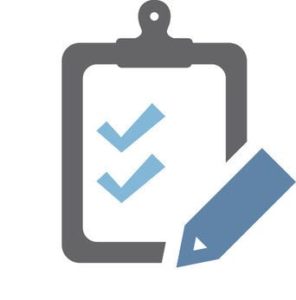The Digital Credentials for Europe (DC4EU) project is setting up an interoperability lab for the pan-European digital identity framework, envisioning it as the cornerstone for testing and integrating the digital credentials system.

As DC4EU explained in a recent update, the lab, focusing initially on the social security domain, aims to ensure that authentic sources and issuers can securely issue and manage digital credentials. The initial phase of setting up the issuing flow from authentic sources to wallets is nearing completion, allowing the project to begin piloting the first use cases in social security and education.
Parallel to the technical setup, the DC4EU team is working diligently on refining the ecosystem governance framework. This involves reviewing the latest versions of the Architecture Reference Framework (ARF) and the European Commission’s reference wallet implementation codebase. The team is also assessing the impact of ongoing standardization activities, ensuring that the framework remains robust, secure, and compliant with emerging regulations.
The project’s focus on social security has seen significant developments, highlighted by a workshop held in Rome in April of this year. The event brought together stakeholders to discuss the transition from the Business Blueprint phase to piloting. Participants engaged in a User Journey Simulation Game, using a demo wallet to understand the practical aspects of issuing and verifying social security credentials. Insights from this exercise are now guiding the design of Large-Scale Pilots (LSPs), which are crucial for the project’s next phase.
In the education sector, the DC4EU team has made progress mapping the educational governance structures of the participating countries. This entails defining roles, creating a trust framework for education and professional qualifications, and outlining user journeys for credential issuance and verification. The efforts are encapsulated in the forthcoming DC4EU Business Blueprint, which will provide comprehensive guidance on integrating digital credentials into the educational ecosystem, and cover key topics such as the EU digital economy, the eIDAS regulation, and the multifaceted governance of education and professional qualifications.
Launched in April 2023, the DC4EU Project is funded by the European Commission under the Call Digital-2022-Deploy-02, and is expected to last 24 months, with an estimated cost of €19.2 million. Led by the Government of Spain through the General Secretariat for Digital Administration (SGAD), DC4EU includes 99 institutions from 25 countries, supported by public and private entities with expertise in digital identity and use-case domains.
Source: DC4EU
–
May 31, 2024 – by Cass Kennedy

Follow Us